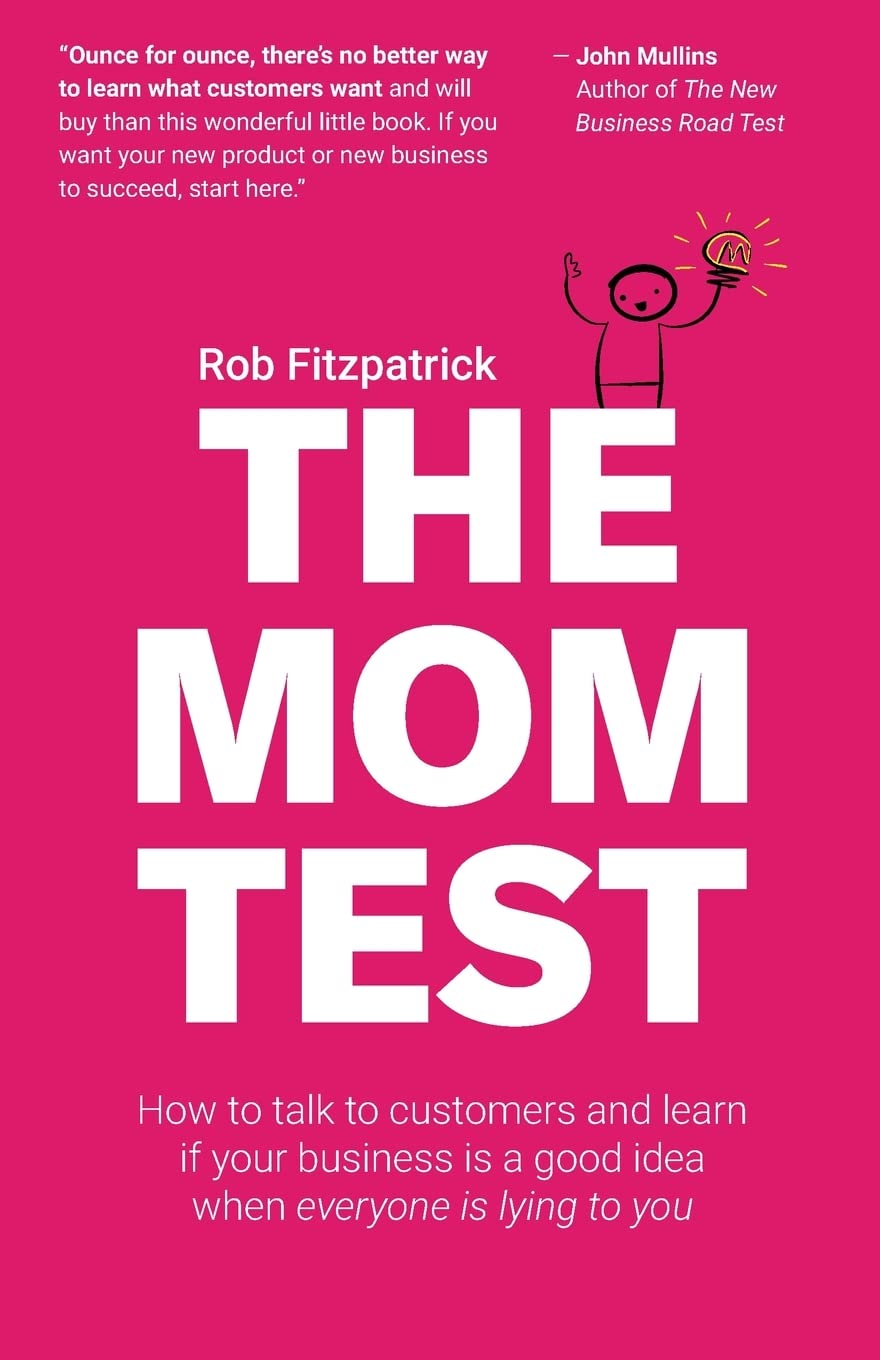The 7 Habits of Highly Effective People - Stephen Covey
- Anderson Petergeorge
- Jan 16, 2024
- 2 min read
Overview
Stephen R. Covey's 'The 7 Habits of Highly Effective People' is a guide that explores the foundational principles of effectiveness in both personal and professional life. The book delves into habits designed to foster integrity, fairness, and human dignity.
Notes
"Between stimulus and response, man has the freedom to choose" - Victor Frankl
No matter how dire our situation we will always have independent will - "The ability to act based on our self-awareness, free of all other influences"
It's not what happens to us, but our response to what happens to us that hurts us."
In the great literature of all progressive societies, love is a verb. Reactive people make it a feeling but you can have the act of loving someone and in doing so many times will receive love back.
Proactive people make love a verb. Love is something you do: the sacrifices you make, the giving of self
Different types of center (key is to be a balance of these centers and just not one center)
Spouse - centered
Family-centered
Money-centered
Work-centered
Possession-centered
Friend-centered
Enemy-centered
Church-centered
Self-centered
Paradigms and Principles:
Paradigm is how someone perceives reality. It is important to understand that everyone has a different paradigm and how they perceive reality can be different
Paradigm shifts is an important skill to learn to avoid placing blame on others and remembering others can be in a different situation. Example: A man walks on the train with kids and the kids start disrupting the train. Everyone on the train thinks this man is irresponsible for not controlling his kids. When asked to man to control his kids the man apologizes and says their mother passed away an hour ago and he doesn't know what to do.
Emotional Bank Accounts
Small acts of kindness
The Golden Rule
Apologize first, even if you don't think you're in the wrong
Clarify expectations
Keeping commitments
Don't gossip and talk behind the back's of others
Give effective feedback
First Rule: Be Proactive
You are the creative force of your own life
Take responsibility
Your greatest power = the power to choose
"don't let life happen to you let life happen for you"
The circle of influence and concern
Focus on the circle of influence, mood, person health habits, choice of work, work / life balance
Second Rule: Begin with the end in mind
Funeral thought experiment
"Don't have your ladder leaning against the wrong wall"
All things are created twice
First created in thoughts, then in physical reality. It is important to remember how powerful your thoughts are
Personal Mission Statement
Something that will be your north star to always follow. Determines you character. You will never perfect this and continue to work on it but helpful to have a place to start.
Third Rule: Put First Things First
"Things that matter most must never be at the mercy of things which matter least"
"the most important skill you can have in life in learning what to prioritize"
Think about your roles in life
Fourth Rule: Think Win / Win
Abundance mindset
Opposite is the scarcity mindset,
Don't always think in dichotomies
Don't compromise, win/win or no deal
Always be thinking emotional bank accounts first
Fifth Rule: Seek first to understand and then to be understood
Don't listen with the intent to reply
Empathetic listening - the intention to go into try and understand their point of view and putting you in their shoes
Sixth Rule: Synergize
Effective people understand their own perceptual limitations and learn how to benefit from Diversity
Seventh Rule: Sharpen the Saw
Continual improvement
The 4 types of renewal
Physical Renewal
Mental Renewal
Emotional & Social Renewal
Spiritual Renewal




Comments